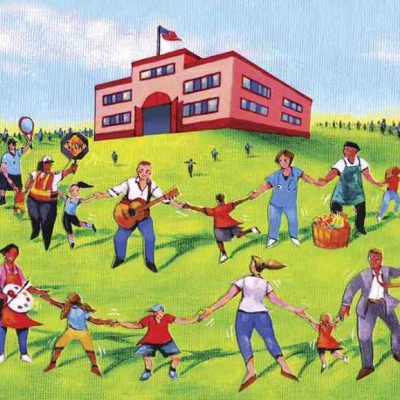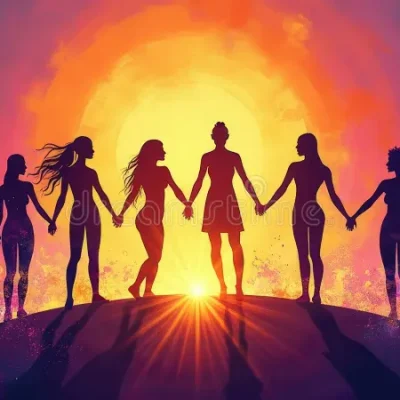Brattle Books, reading, and the impact of bookstores on communities
Literature has been a cornerstone of human creation since the invention of writing. It allows anyone to explore worlds that they otherwise couldn’t begin to imagine, and it lets storytellers tap deep into their minds, while still coming out with works that the average person can enjoy. Books can also give insight into the world that the author grew up in, through their culture and the environments they live or lived in when writing. Said books, however, can also be part of history themselves.
Humans also have a longstanding fascination with things of the past, the more distant the better. We’ve always looked at the past, be it for guidance on what to or not to do in a situation, the possible terrible outcomes of the state of the world, or to latch onto a similar human experience, another life that experienced something we did – or something we could never dream up.
Businesses that deal with literature are usually staffed and run by book-lovers (I personally have yet to find a bookstore employee or librarian who has not read anything in their selections), and they consider their work to be particularly important in the digital age even when they’ve existed for far longer than it. Brattle Book Shop itself has been around since 1825, and its past is just as varied as its catalog of books. I talked to Ken Gloss, the current proprietor of the store, about how he came to care for it and direct an enterprise that by his estimation contains over 100,000 books in its four-story building.
By his way of telling it, it was a matter of timing that his family came into ownership of the store. The store was “for all intents and purposes” going out of business in 1949, when his family purchased it for five hundred dollars. And in doing so, they managed to start a new chapter in the history of both Brattle and Boston.
“My father was a bit of a character, a showman,” Ken remarked. “The bookstore moved a lot in the ‘50s and ‘60s due to city projects and renewal, so he would hold sales for a week before the move – but the day before the move all books were free. There would be lines down the block and he would have a whistle to let in groups of people with giant bags.” Such moves quickly made the bookstore known and created a dedicated and caring community for it, which was of great help later.
In the 1980s the building burnt down to its foundation, leaving Ken’s parents with nowhere to store their massive collection. The remnants of the old building actually make up the empty asphalt square next to the present-day shop, where there are often outdoor book carts for sales. To stay in business, they moved to a spare lot and used folding tables to continue their work, hoping to stay afloat long enough to sell off most of the books so that they wouldn’t be wasted. Instead, they re-opened within a month. “The main thing was just to keep going,” Ken told me, expressing gratitude for the reading community that supported his family’s shop during that hard time.
Ken can claim membership to the small but growing group of people who enjoy their work and are happy with their jobs, and with that comes quite a bit of dedication. “I love the business, it’s fun, it’s fascinating, you’re always learning. You never can know everything, and I think if you did it’d get boring… we go out almost every single day to buy books, and a part of the business few people think about is, it’s a very physical job – buying a thousand books out of a fifth-floor storage lockup in 95 degrees can take a lot.”
All jokes aside, the impact of the bookstore and books in general is not lost on Ken. He called the question of whether or not books impacted people positively “almost rhetorical.” Reading, in his view, can give you almost anything. “Almost all human knowledge is in books, and if you want to retain or have fun or find enjoyment, you need to look there. Generally, most people who are big readers are interesting people, fun, knowledgeable.” Ken’s certainly not wrong; the vast consensus of experts today is that reading helps children form a sense of connection with the world, and that ownership of books is what really drives reading for fun and learning, not just for schoolwork or other things. Reading is something done for enjoyment, but it’s also massively helpful for people to understand and change the world. It’s hard to create new ideas if you can’t draw from the old, tried and true.
One of the last things Ken said to me in our interview was the old phrase, “if you ask someone a question about their job, and they love what they do, the problem isn’t getting them to answer your question – it’s getting them to stop talking.” From what I’d heard from him before that, it certainly holds true.










